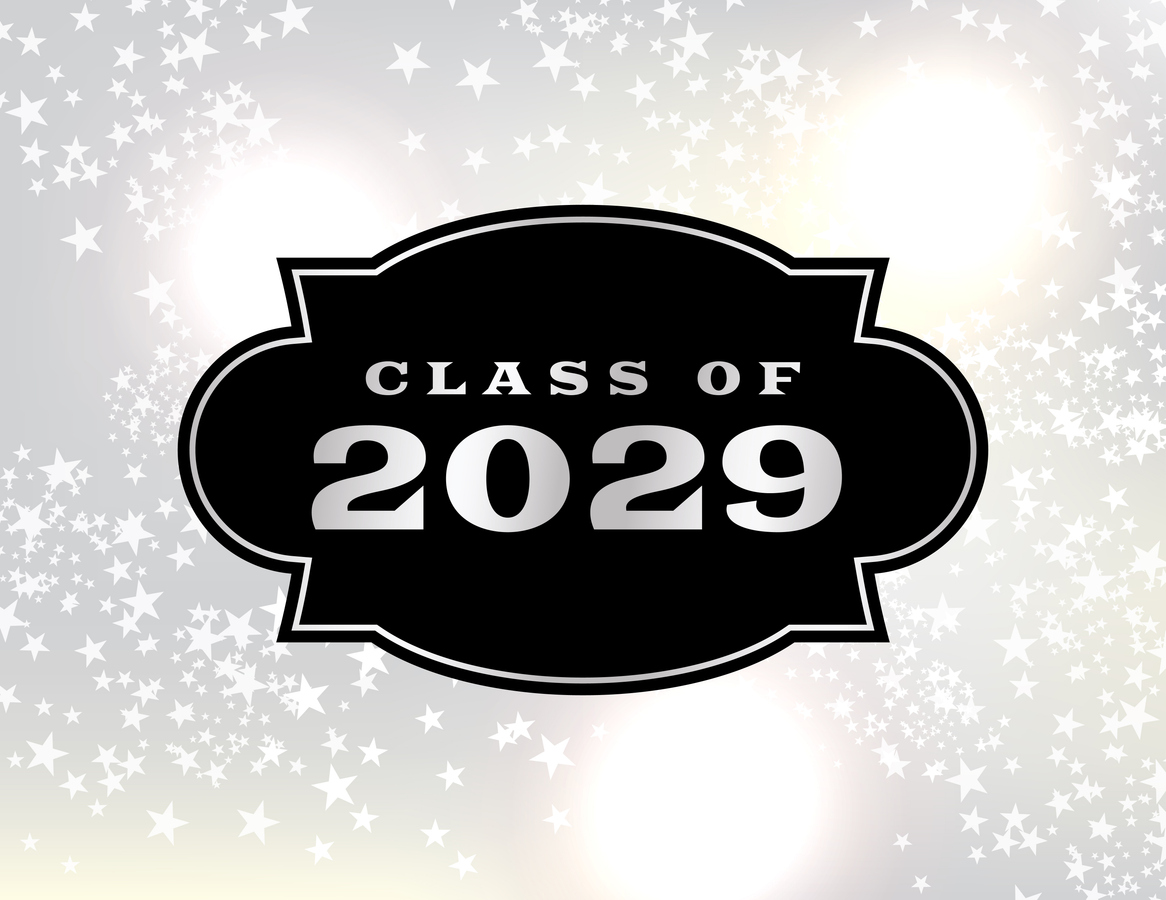
Real Talk #2: Myths in College Admissions
By
AtomicMind Staff
June 20, 2025
•
2
min read
Share this Article
Simply highlight text to share on social or email
Do Colleges Prefer Well‑Rounded Students Over Specialists?
In the world of college admissions, one idea has long reigned supreme: the well-rounded student. You know the type — the straight-A student who plays varsity soccer, volunteers at a food bank, edits the school newspaper, leads Model UN, and somehow has time for a part-time job and three AP classes.
It’s the kind of resume that looks perfect. But is it actually what colleges want?
Not necessarily.
Let’s take a closer look at one of the most persistent — and misunderstood — myths in college admissions.
Do Colleges Really Want Well-Rounded Students?
Here’s the truth: colleges aren’t building a class full of generalists. They’re building a community — one made up of people who are deeply passionate, intellectually curious, and ready to make an impact in their own unique way. Yes, some students may seem well-rounded on paper. But what admissions officers are really looking for are students with direction, focus, and authenticity.
In other words: they want specialists. Or, as admissions insiders often say, they want a well-rounded class made up of pointy individuals.
While the holistic application process of US schools was initially designed to select “well-rounded” students (with the specific goal to keep certain groups of people out), in the exceptionally competitive market we are living in today, it’s less about exclusion and more about creating the sort of diverse communities that make these colleges thrive and contribute to a liberal arts education.
What Makes a Student Stand Out in a Competitive Pool?
Let’s say you’re an admissions officer reading hundreds of applications. Which of these profiles stands out?
A student who does a little bit of everything — decent grades, a few leadership positions, and a smattering of activities…
or
A student who has spent three years researching climate change solutions, published op-eds in local newspapers, founded an environmental club, and interned with a sustainability nonprofit.
You don’t need a résumé packed with 10 unrelated clubs to be impressive. You need evidence of genuine curiosity, commitment, and growth.
In fact, stretching yourself too thin by participating in millions of activities that you don’t truly care about can even be counterproductive. You will have less time for what truly matters, less passionate essays and interviews, and you won’t look coherent on paper. This is an issue.
Being Well-Rounded Isn’t Bad — It’s Just Not the Goal
There’s nothing wrong with being involved in multiple areas. In fact, exploring different interests is part of what high school is for. But don’t confuse activity-hopping with purpose.
The students who stand out are those who reflect on their choices and focus their energy. They might be musicians who compose original scores, athletes who mentor younger teammates, or coders who create apps to solve real-world problems. What they share is not the quantity of their activities, but the intentionality behind them.
How to Find Your “Focus”
At AtomicMind, we often help students identify what makes them stand out — their personal “focus.” That might be a passion for robotics, a commitment to community organizing, or a deep interest in comparative literature. A focus isn’t about chasing prestige or checking boxes (and doesn’t even need to be singular — it can be an interdisciplinary interest or drive!). It’s about finding the intersection between your interests, your skills, and your impact.
If you’re unsure what your focus is, start by asking:
- What do I love doing when no one is watching?
- Which activities give me a sense of purpose?
- Where have I already made a difference?
The answers to those questions are usually the beginning of your story.
Depth vs. Breadth: Why Less Can Be More
One mistake we see often is students trying to do too much. It’s natural to think that the more you do, the more impressive you’ll be. But colleges aren’t awarding points for every club you join — they’re looking at how you’ve grown, led, and contributed.
So instead of signing up for five new clubs junior year, ask yourself: which one or two can I really commit to? Where can I take initiative, develop leadership skills, and go deeper?
How Colleges Read Your Application
Think about it from an admissions perspective. When officers are reviewing thousands of applications, they’re not checking off a list of extracurriculars. They’re trying to get to know you: your values, your motivations, your character.
That’s why strong essays and recommendations are so important. They reveal how your interests play out in real life. When your extracurriculars, essays, and academic choices all tell a coherent story, your application becomes memorable.
And that story doesn’t have to be dramatic. What matters is that it’s yours.
Final Verdict: Be Focused, Not Flashy
The well-rounded myth persists because it sounds safe. But college admissions isn’t about safety — it’s about authenticity.
You don’t have to be everything to everyone. You just need to be fully yourself, and give admissions committees a reason to say, “We need this student in our community.”
What’s Next in Admissions Unmasked?
Stay tuned for the next installment in our myth-busting series, where we tackle the idea that you need perfect grades and test scores to get in. (Spoiler: You don’t.)
Need help telling your unique story?
At AtomicMind, we help students uncover their authentic strengths and build standout applications — not cookie-cutter ones. Reach out to learn more.

Share this Article



